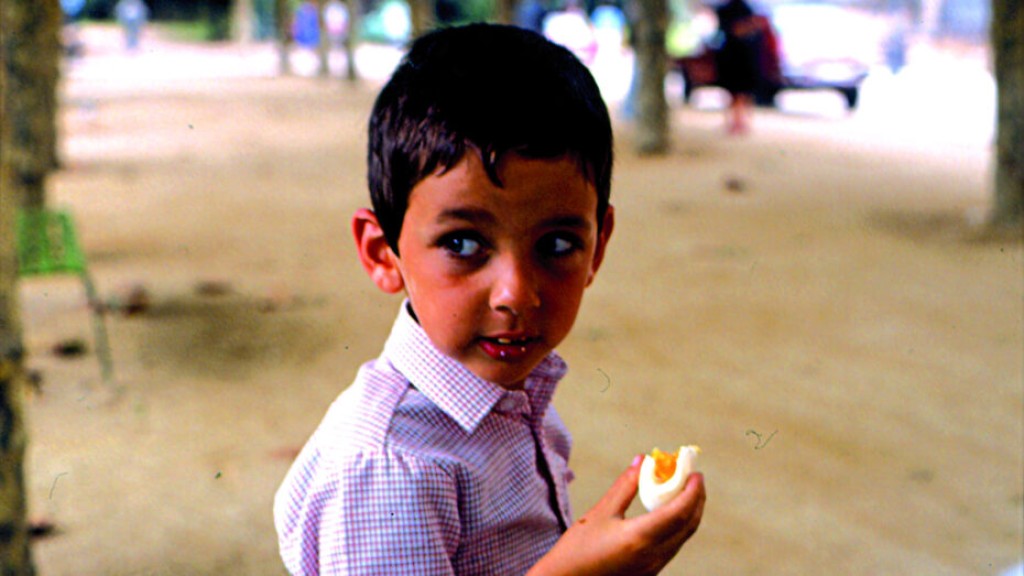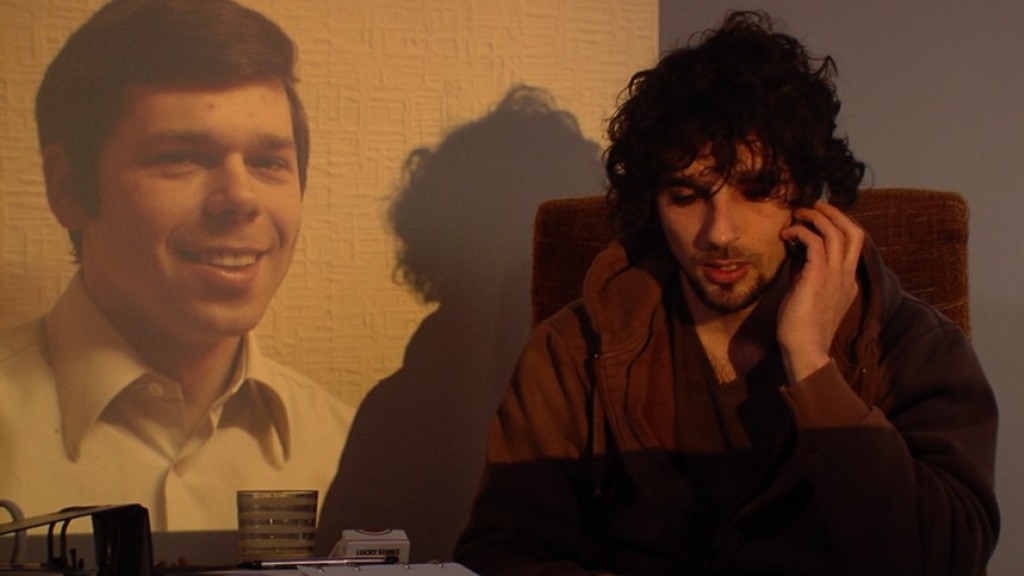- Program
- /
- Film Series
- /
- Restart: TRANSTOPIA
- /
- ALIAS
ALIAS
Followed by a talk with Borjana Gaković and Jens Junker
Alias tells the autobiographical story of a “different-looking” boy who grows up in the strict religious context of the New Apostolic Church in provincial West Germany – but whose biological father is most likely a Lebanese doctor who lived in Germany in the 1970s. Although Jens Junker's primary concern is to put the pieces of the puzzle of his life together and to understand his own history – it is “not a reckoning,” he assures his (foster) father on the phone – the film deals almost casually and yet very successfully with a number of big themes: Blood relations, racism, oppression and violence in the family, faith community and religion, lies and truth, memory and repression, the silent, the spoken and the unsaid. The work on the film is both a pretext and a tool to encounter and process; the camera and the small film team provide support, interposing themselves as mediators between the events of the film and their recording.(BG)
Jens Junker started shooting his first documentary films as a director in 1999 and studied feature film directing at the University of Television and Film Munich from 2001. He has worked as a freelance director and writer for feature films and commercials. As a musician and choir director, he founded and leads the GO SING CHOIR, an open pop choir based in Munich.
Borjana Gaković is a film and media scholar, curator and author. Her work focuses on representations of history and medialities of historiography, European cinema of the 1960s, feminisms in film history and war and trauma in film. Since 2020 she has sat on the Programme and Selection Committee of DOK Leipzig.

